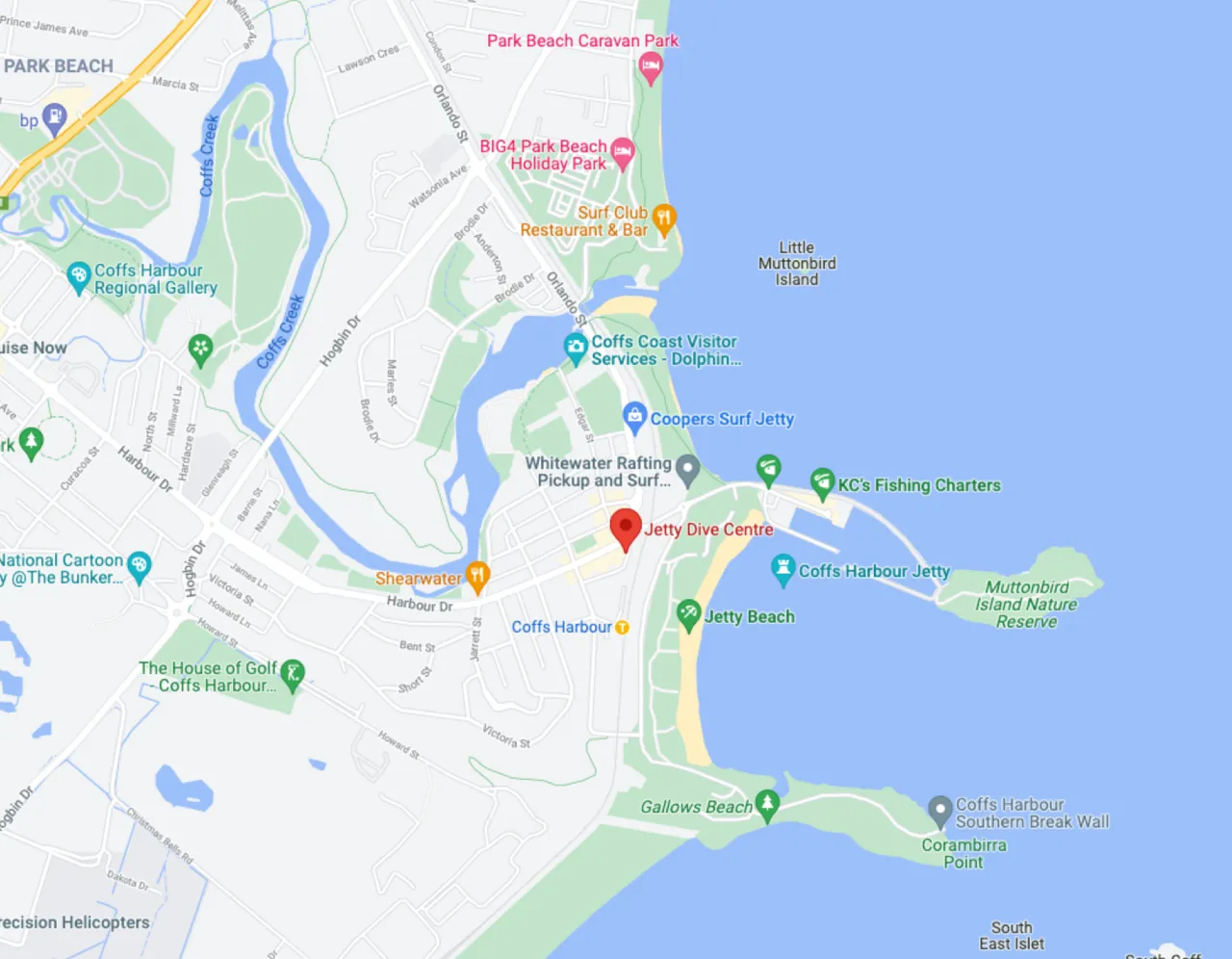Jetty Dive actions to avoid Corona Virus
We like to stay positive wherever possible when it comes to things like this, but we take seriously that there are measures that should be put into place to help protect our customers however possible, and avoid the spread of COVID-19.
Over and above our normal cleaning process, Jetty Dive are now disinfecting the shop Regulators with “Steramine”, a sterilizing solution that is suitable for food products, as recommended by DAN (Divers Alert Network). This product ensures the Regulators are sanitized and ready for use and gives our divers piece of mind that they will not catch anything from the regulators.
The shop Masks and Snorkels are also scrubbed and cleaned individually to ensure they also do not allow for any spread of infection. Whilst these are additional tasks for us, we are very keen to provide the required service to ensure a safe environment for our diving customers.
Having the small number of participating divers on our boats means there is minimal risk of cross infection above the water too. Scuba Diving requires people to be physically fit, especially in the respiratory system, so we feel anyone that is suspect of the Coronavirus would not be diving with the illness and keep well clear.
During our training dives when conducting Alternate Air exchange, we are ensuring that the same Regulator is not used by more than one diver. That means buddy pairs are assigned and maintained during the whole day to allow a single user only per regulator and alternate air regulator.
DAN (Divers Alert Network) have issued a statement in regards to Coronavirus which you can find below:
DAN ENCOURAGES DIVERS AND DIVE OPERATORS TO PROPERLY DISINFECT DIVE GEAR
In light of the recent outbreak of the novel coronavirus (COVID-19), questions have arisen in the dive community about disease transmission when using rental equipment, especially regulators. With the threat of coronavirus on everyone’s minds, divers want to know what precautions are being taken against the spread of disease. Properly sanitizing equipment is paramount. Keep the following in mind:
According to the CDC, household cleaners are as effective against COVID-19 as they are against the common cold and flu viruses. Therefore, cleaning and disinfecting equipment meant for personal use (such as second-stage regulators, masks, snorkels and BCD oral inflators) is very important.Equipment can be effectively sanitized by submerging it in a 10% bleach solution or using a cleaning product such as Steramine™ tablets or any other quaternary ammonium compound. Be sure to use these products according to the manufacturer’s directions and then rinse the gear with fresh water.
Products that are commonly used to clean dive gear but are ineffective against coronavirus include antibacterial and chlorhexidine mouthwashes or sprays. Hot soapy water must be paired with mechanical action such as scrubbing with a soft toothbrush to be effective.If you’re a diver using rental gear and would like to take extra steps to protect yourself from transmissible diseases, thoroughly wipe the following equipment with a household disinfecting wipe and then rinse with fresh water before use:• Regulator mouthpiece
• Snorkel
• BCD oral inflator
• The inside of your mask
If you do not have access to wipes, you may wish to ask the shop you’re diving with to properly sanitize the equipment before you take it with you.
For a list of household cleaning products effective against the coronavirus, see the American Chemistry Council Center for Biocide Chemistries’ list of products that have an “emerging viral pathogen claim” from the Environmental Protection Agency. When using a household cleaning product, it might be prudent to change the active ingredient every so often to avoid breeding resistant strains.
As always, frequent hand-washing (with soap for at least 20 seconds), regularly cleaning high-traffic objects and areas (bathrooms, door handles, countertops, etc.), avoiding contact with people who are sick, and staying home when you are ill are some of the best ways to stop the spread of disease. For more information, see the CDC’s coronavirus page.You can also check out the EPA’s diving safety manual for its guidelines on decontaminating scuba equipment.
If you have any questions, please contact RiskMitigation@DAN.org.
